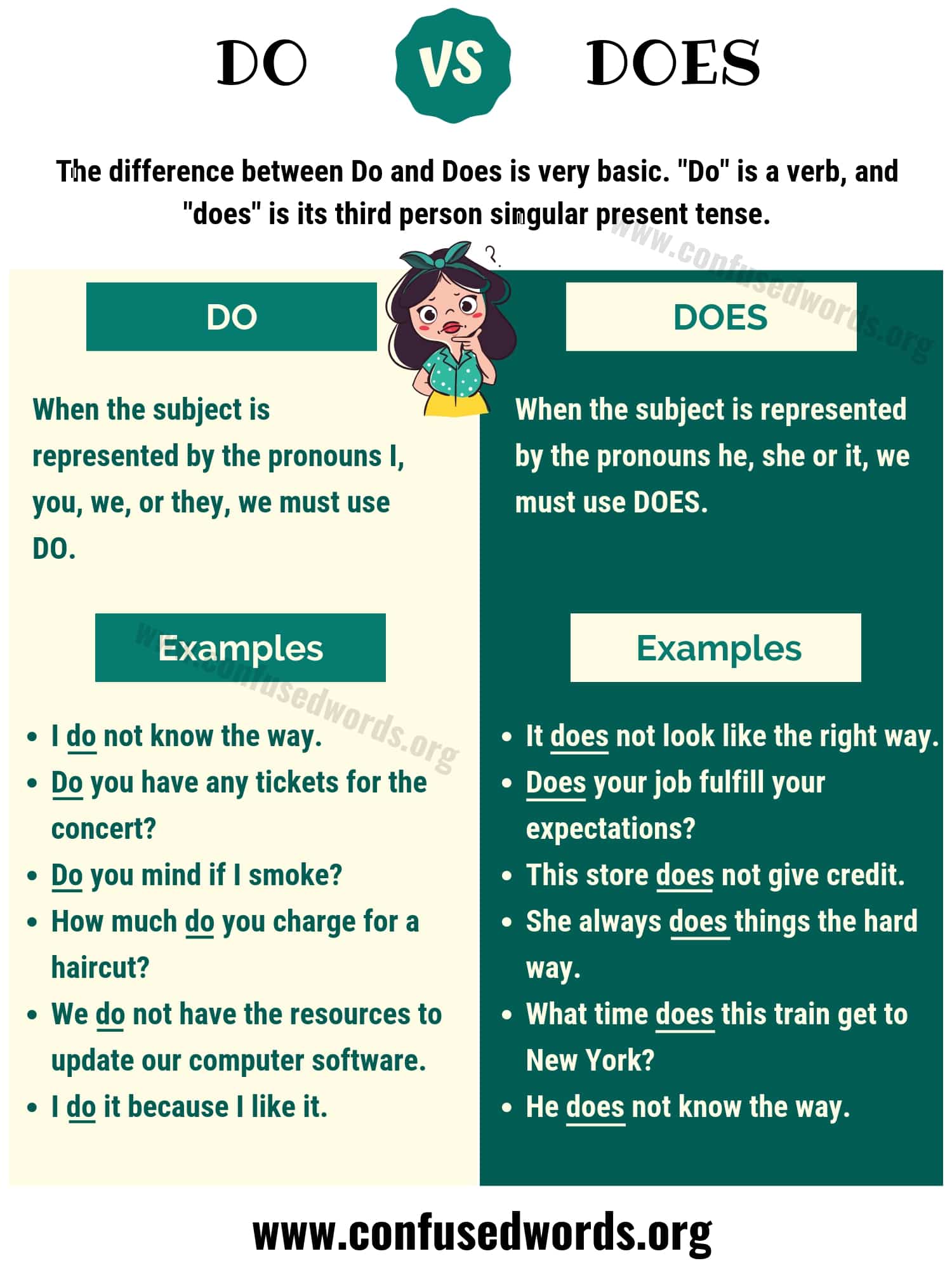Mastering Office Politics: Proven Strategies for Career Growth and Influence
Introduction: Why Winning Office Politics Matters
Office politics are an inevitable aspect of any professional environment. Rather than avoiding or resenting them, learning to navigate office politics strategically can open doors to career advancement, foster stronger relationships, and increase your influence at work. Mastery of these dynamics is not about manipulation but about understanding people, processes, and the underlying currents that affect decision-making and culture in your organization. This guide provides step-by-step, actionable strategies-grounded in research and real-world examples-to help you win at office politics while staying true to your values and maintaining your well-being.
1. Understand Your Workplace Culture
Every workplace has a distinct culture, shaped by its values, communication styles, and unwritten rules. The first step to thriving in office politics is to become acutely aware of these characteristics. Observe how decisions are made, who holds formal and informal power, and which behaviors are rewarded or discouraged. For example, some organizations value assertiveness and innovation, while others prize consensus and stability. Engage in active listening during meetings, pay attention to body language, and ask colleagues about the company’s history and key influencers. This foundation allows you to anticipate challenges and position yourself effectively. According to Garfinkle Executive Coaching, knowing your workplace culture is essential for aligning your strategies and building credibility [1] .
2. Build Strategic Relationships and Allies
Success in office politics depends heavily on your network. Cultivate relationships across departments, levels, and groups-not just within your immediate team. Having allies in multiple areas increases your support base and provides access to valuable information and resources. To build these connections:
- Offer genuine help to colleagues, especially during high-pressure projects or deadlines.
- Find common ground by participating in cross-functional initiatives or social events.
- Show appreciation and acknowledge contributions publicly where appropriate.
These actions foster reciprocity and goodwill. Allies can help manage conflicts, advocate for your ideas, and provide perspective during tense situations. The more diverse your network, the more resilient you become against shifts in workplace dynamics [1] .
3. Communicate with Integrity and Accuracy
Trust is a cornerstone of workplace influence. Consistently providing accurate and fair information establishes you as a reliable resource. When rumors spread or conflicts arise, people will turn to you for a balanced perspective. This reputation makes it easier to advocate for your ideas and navigate political situations ethically.
- Always fact-check before sharing information.
- Avoid gossip and negative talk about colleagues.
- Practice transparency, especially when discussing sensitive topics.
- When you make a mistake, own it promptly and offer a solution.
Maintaining integrity in your communication strengthens your standing and reduces the risk of being caught in damaging political games [1] .
4. Align Yourself with Multiple Groups
Relying on a single group or clique can be risky. As priorities shift or teams reorganize, the influence of certain groups may wane. By aligning yourself with multiple groups, you increase your adaptability and resilience. For instance, participate in both formal committees and informal interest groups. Volunteer for cross-departmental projects, and remain open to collaboration with new colleagues. This approach not only expands your network but also helps you see the bigger picture and identify opportunities others might miss [1] .
5. Pursue Win-Win Outcomes
Successful office politicians focus on creating solutions that benefit all parties involved, not just themselves. When you need help from others, frame requests in terms of mutual benefit. For example, if you want support for a project, highlight how it aligns with your colleague’s goals or the broader organizational mission. Reciprocity and shrewd bargaining, when done ethically, can foster lasting professional relationships. According to NOBL, pursuing win-win situations is one of the most effective strategies in office politics [2] .
6. Know Your Values and Ethical Boundaries
While compromise is often necessary, it is crucial to define your non-negotiables in advance. What principles are you unwilling to sacrifice? Before entering potentially contentious situations, clarify your values and consider how you’ll respond if pressured to cross ethical lines. If you witness unethical behavior, document your concerns and seek advice from a trusted mentor or your HR department. Maintaining your integrity protects your long-term reputation and self-respect [2] .
7. Stay Calm and Practice Emotional Intelligence
Emotional reactions can escalate political tensions and damage your credibility. When confronted with difficult situations, pause before responding. Practice active listening, validate others’ perspectives, and keep your responses measured. Document situations objectively, noting dates, times, and facts. Regular self-reflection helps ensure you are not inadvertently contributing to negative dynamics. If necessary, have private conversations to clarify motives and address misunderstandings. According to Intelligent People, staying calm and practicing emotional intelligence are critical for navigating workplace politics [3] .

Source: holycrosshs.org
8. Seek Guidance and Build External Outlets
Consulting with a trusted colleague, mentor, or supervisor can offer new perspectives and support. If the situation escalates, consider involving your HR department or upper management for mediation or investigation. Additionally, building a reputation outside your immediate organization-such as through professional networking events, industry groups, or thought leadership-can increase your influence and make you less vulnerable to internal politics [2] .

Source: stock.adobe.com
9. Focus on Long-Term Goals and Personal Well-being
Keep a long-term perspective and remember that office politics are typically transient. Prioritize your career development and personal growth. Practice self-care, manage stress, and maintain a healthy work-life balance. If political tensions become overwhelming, it may be worth considering new opportunities that better align with your values and aspirations. Your professional journey is a marathon, not a sprint. Focusing on your goals helps you rise above short-term setbacks [3] .
10. Step-by-Step Guide to Navigating Office Politics
- Assess your workplace culture and power structures.
- Identify key influencers and potential allies across teams.
- Build and maintain a diverse network of relationships.
- Communicate honestly and avoid spreading misinformation.
- Clarify your values and set boundaries for acceptable behavior.
- Seek mutually beneficial solutions in negotiations and collaborations.
- Document political incidents and reflect on your own actions regularly.
- Consult with trusted advisors, mentors, or HR for guidance when needed.
- Develop external professional outlets and networks for additional support.
- Maintain your focus on long-term goals and overall well-being.
Key Takeaways and Alternatives
Mastering office politics is less about playing games and more about cultivating relationships, communicating with integrity, and aligning your actions with core values. If you encounter persistent negative politics, alternatives include seeking roles with healthier cultures, pursuing professional coaching, or developing skills in conflict resolution. Many organizations also provide employee assistance programs and training on workplace dynamics; check with your HR department or official company resources for available support.
References
MORE FROM 9scholarships.de













